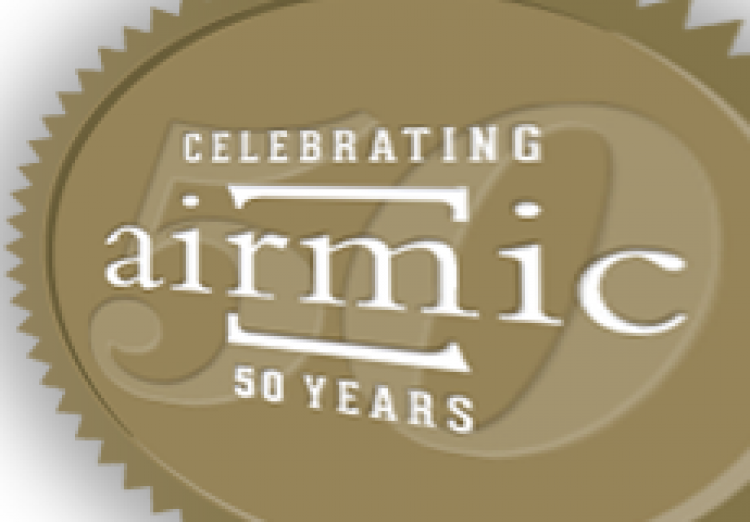When terrorism threatened to drive away business, and how we helped to find the solution. The latest look back on half a century of Airmic

Alan Fleming is the only person to have been, at different times, Airmic’s executive director and also its chairman. He has been at the heart of many of the association’s activities for well over twenty years, many of them highly challenging.
In 1992 Alan Fleming, then a director at IC Insurance, was part of a small informal Airmic group that became absorbed in the crisis caused by Irish terrorism. The IRA’s activities on the mainland caused reinsurers to pull the cover that insurers needed to offer terrorism cover. There was the real prospect of firms pulling out of the UK if they could not insure their buildings against attack. The government was unsure how to respond; Airmic and its members had a central role to play in seeking a solution.
“It was absolutely constant,” he recalls. “We had three people just answering the phones for three or four months. For six months terrorism was the issue. The situation was completely new to everyone.
“There were discussions going on all the time with the government, ABI, CBI, the British Retailers’ Association, the Department of Trade and Industry, BIBA – and many others. Appearances on television, some for stations in the US. We were very much at the centre of the things.”
The main outcome was Pool Re. The UK’s government-backed reinsurer solved the problem of how to purchase commercial Property insurance for terrorism, and greatly reduced the financial risks involved in doing business in London and other major British cities.
The episode cemented Airmic’s position in the market, and gave its reputation a huge boost. Fleming himself, though, is not entirely happy with the outcome.
“Without doubt Pool Re has worked well, but it was too restrictive. I would have liked to see it provide wider coverage, for example against flood risk. There’s a lot of money in there now that’s not being used.”
In 1993, when Roger Miller retired after ten years, Fleming was seconded by ICI for three days a week to become Airmic’s Executive Director – CEO by another name. He admits it was a difficult transition for the staff. “Roger was a big figure with his own way of doing things, and it needed to settle down. We had new priorities.”
High on the list was the need to attract new members. This was indeed achieved, partly because Airmic opened up to corporate membership for the first time. Liz Taylor (recently elected as the first female chairman) and then Geoff Saunders helped Fleming to use Airmic’s enhanced reputation to grow the association. A number of large corporates that had previously been reluctant to do so became active supporters of the association.
These were ground-breaking times in other respects too. The Institute of Risk Management and the whole idea of risk management were in their infancy, and he recalls spending much time with the IRM in these days.
In 1995, Fleming left both ICI and Airmic to resume his career as a risk manager. Five years later, now in a senior position at Railtrack, he returned to Airmic as chairman. With David Gamble now well established in his old role, he chose to stand back a bit from anything to do with the running of the association. However, one of the main features of his spell in the chair was initial work on a risk management standard.
In 2006 he went into semi-retirement only to be called back the following year to resume his old position as Executive Director on a temporary three-day-a-week basis after the departure of David Gamble. Part of his role was to help find a successor to Gamble, whose ten-year stint had been a successful one in his view. The eventual outcome was today’s CEO John Hurrell.
“There was a lot of enthusiasm for John he recalls. He’s done a really good job, not least financially, and set up Airmic for the next stage of its development.”
Alan Fleming, meanwhile, continues to be prominent with Airmic – a familiar face at events and an active chair of the Captives Group.

Alan Fleming, former Airmic Chairman
